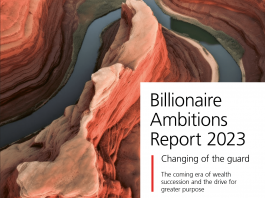Nielsen released the results of an online survey to better understand the consumer mindset on investment strategies. The study, Decoding Global Investment Attitudes, gathers information from online consumers in 56 countries around the world who have indicated they currently use investment products such as stocks, mutual funds, bonds, certificates of deposit, derivative tools and foreign currency for investment purposes. Key findings from the study include:
- Globally, men are 36% more active than women with investments
- Women are 25% more likely than men to rely on friends and family for advice on personal finance matters
- Investors rely more on themselves when making investment decisions than on any other information source
- Investors in Asia-Pacific and the Middle East are the youngest; North Americans are oldest
- Online banking rivals physical branch banking for investment services in most regions
- Cash remains king, but payments via plastics are catching on

As global economies continue to focus on ways to accelerate economic growth, consumers too are looking for ways to bolster their budgets. Nielsen’s Global Consumer Confidence Survey shows that over the past year, consumers around the world have increased their saving strategies. Half of online respondents worldwide say they are putting spare cash into savings—an increase of 11 percent since May 2011 and nearly one-fourth (23%) indicate they are investing in stocks and mutual funds—a year-over-year rise of 35 percent.
With an increased appetite for savings and investments, Nielsen takes an in-depth look at the profile of the investor consumer. What is the optimal age for investing, and how does this differ by geographic region? How do investment decisions change with maturity? Are women more risk averse than men and how much risk is too much? What information sources are most reliable and which channels are emerging as credible transaction centers?












